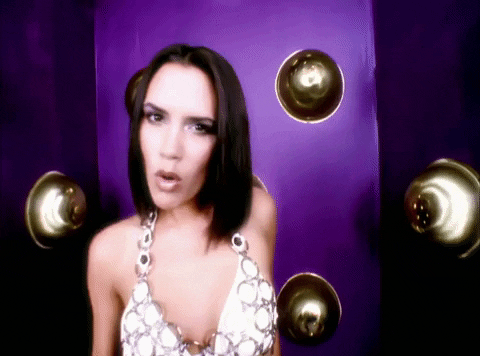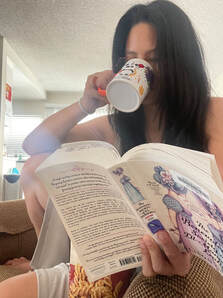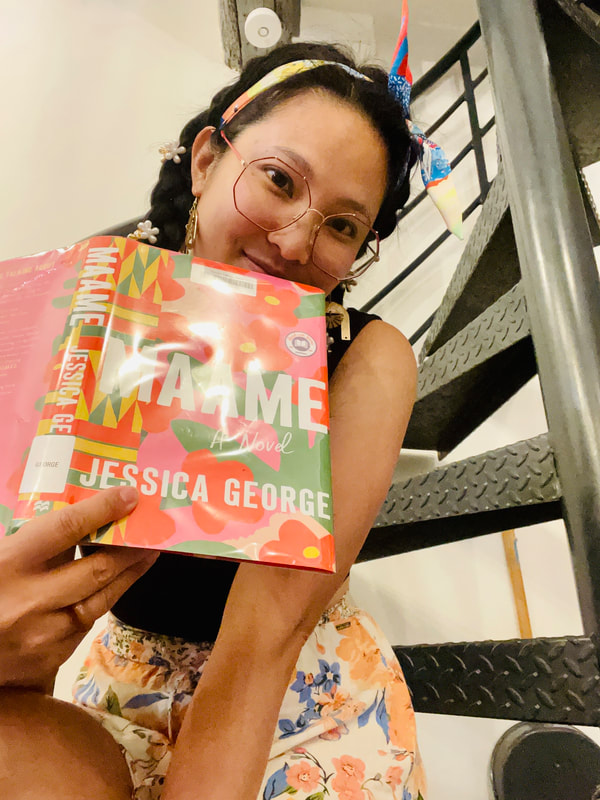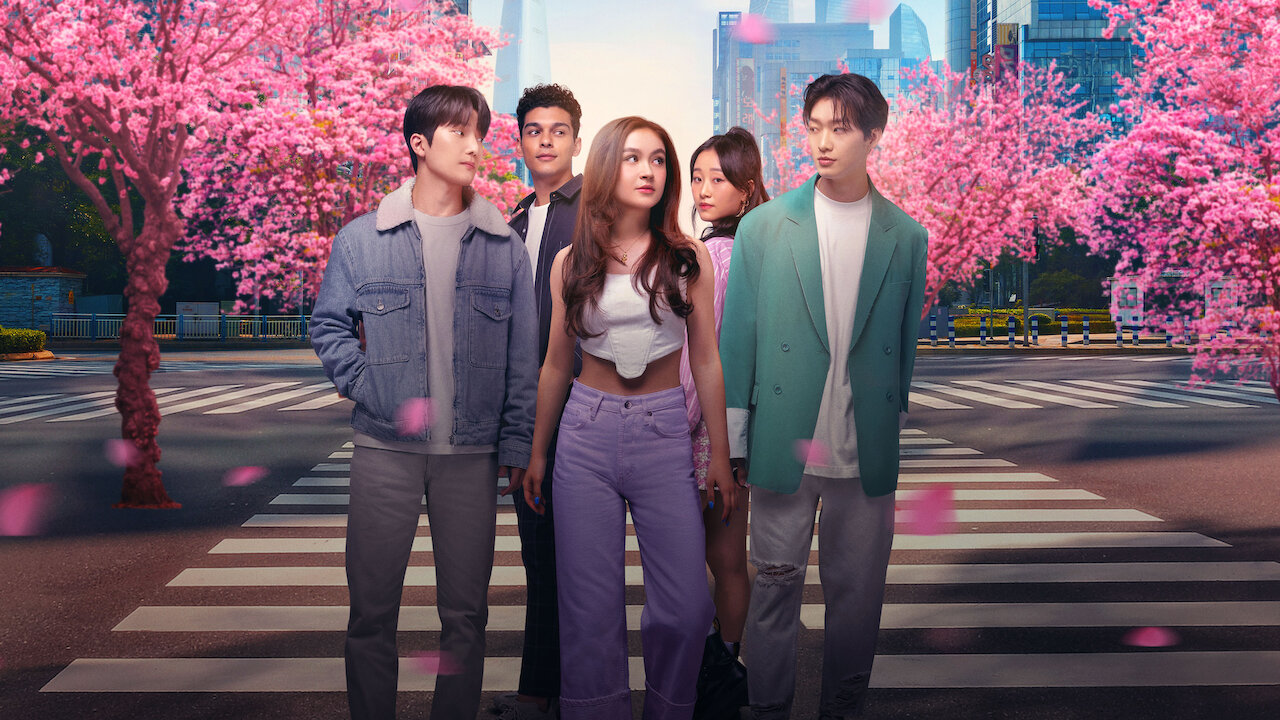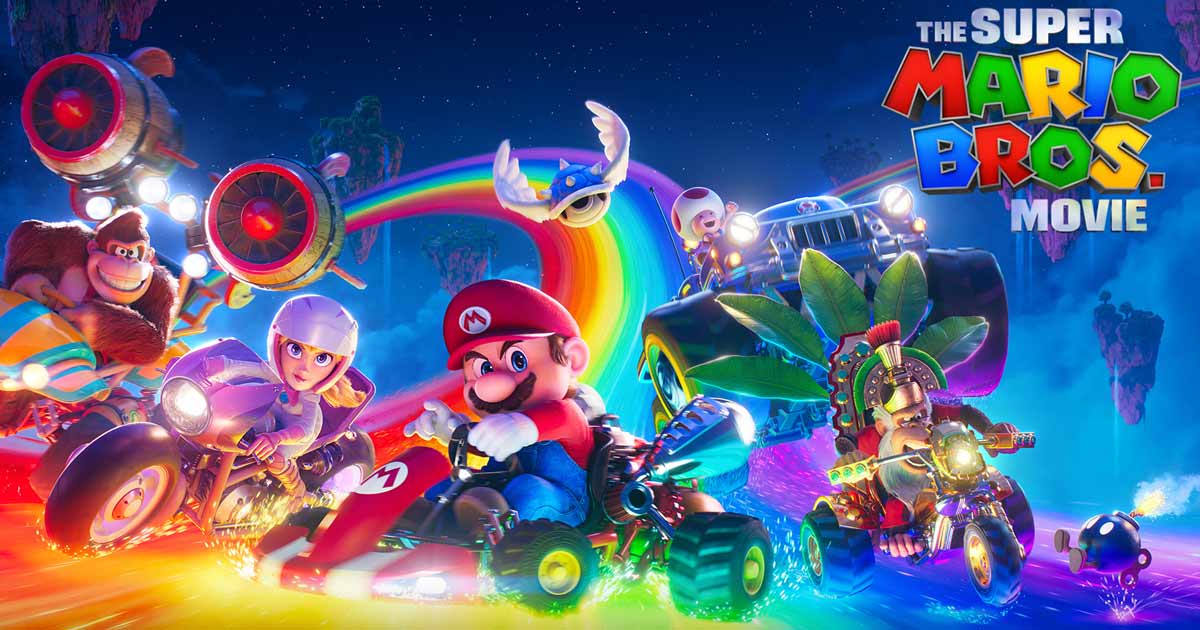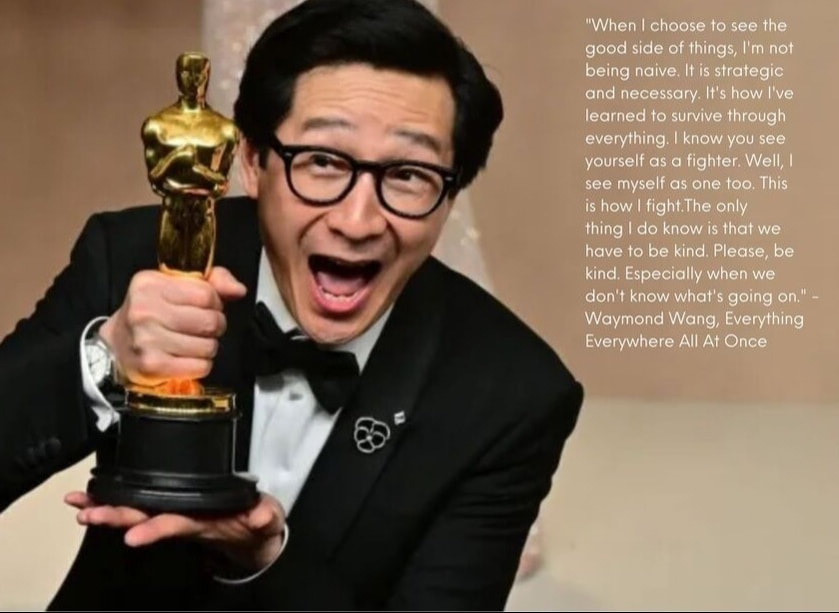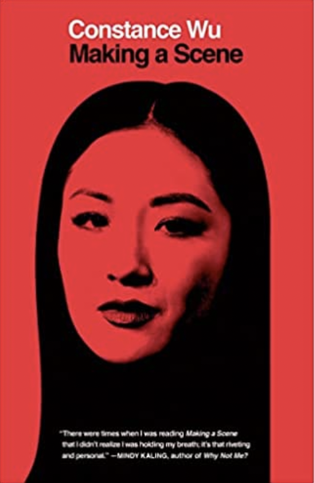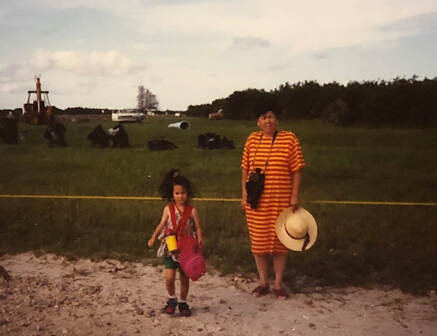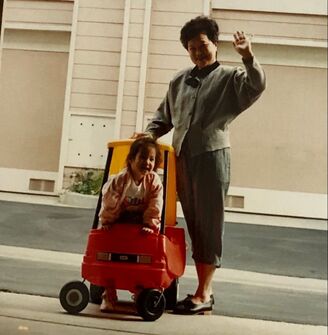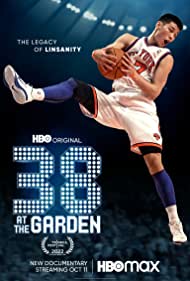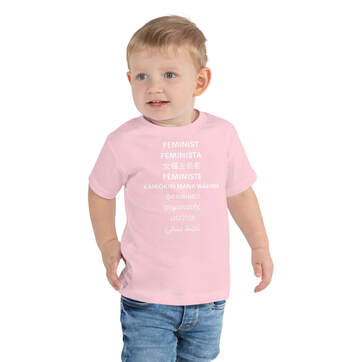0 Comments
After watching XO, Kitty on Netflix, I was talking about it with a friend who is currently teaching English in Korea. I initially thought it was cute and liked it more than To All the Boys I Loved Before...probably because it reminds me a little more of a Korean drama. That being said...
I've been so excited to see this movie and finally got a chance to squeeze in a date night at the cinema. But within the first few minutes of the movie, I became very uncomfortable. Now, before I get into the reason why I feel there is one very big issue with this movie, I will say that I loved the animation and outside of this very big issue, I quite enjoyed the movie. It's nostalgic, funny, and sweet. So what's the problem with this movie?
Last Sunday was a momentous evening in Hollywood for Asian Americans and Asians. When I was a teenager, I used to tell my friends "I'm going to the Kodak Theatre!" That's what the Dolby Theatre used to be called. Knowing how rare that opportunity would be for someone like me, that seemed like a near unreachable dream. But if you don't dream big, then you won't get anywhere. So, as "Everything Everywhere All At Once" kept racking up awards, and especially when Ke Huy Quan won Best Supporting Actor, followed by Michelle Yeoh winning Best Actress, and finally the biggest award of the night going to the movie, it was simply put...everything. That being said, I also hope that Hollywood doesn't look back on this night and think, okay we're diverse. We gave a bunch of the most prestigious awards in filmmaking to a bunch of Asians. Let's move on to the next underrepresented group. We really have to do better. Think about this...
A friend sent me Constance Wu's book to read, and I'm grateful I did, but for the first half the book I wasn't sure why I was reading this book. After she returned to social media and revealed what led to her disappearance from it, I was curious to know her story, but I wasn't necessarily thinking, "Omg I have to know." I loved Fresh Off the Boat, loved Crazy Rich Asians, but I didn't necessarily love her. I didn't not like her, I just wasn't like "wow, I love her." I mean, it is pretty freaking cool to be the lead in two groundbreaking and game-changing projects. But here's why I'm writing about this book here and recommending it.
I started watching The Makanai: Cooking for the Makai House on Netflix, which is a Japanese series about a young girl who moves to Kyoto to train as a cook for the Maiko (apprentice geishas), and I've found it oddly comforting. That's because, oftentimes, Japanese food and culture make me feel close and connected to my grandmother, even though she's Taiwanese. And if you understand the history of Taiwan, you may somewhat understand why I feel this way.
My only criticism of 38 at the Garden is that it's too short. But after listening to Frank Chi, the director, explain why it's only 38 minutes long, I was like..."Okay, you're right." It's 38 minutes, like "38 at the Garden," but also, at this short length, there's no excuse for anyone to not watch it. So, I hope his strategy works and that more people watch it sooner than later or watch it period, because it's a must watch.
I haven't written many blogs on recommended movies or series lately, because I've started to send all my recommendations in my monthly newsletter (which you should sign-up for if you haven't!). But I had to write about this one, because it's not only so culturally significant, it also had me reflecting on my entire cultural identity journey. So, I wanted to take some time to reflect on that here. I made a t-shirt for my son that says "feminist" in different languages (which you can now shop in The Jawesome Shop), and I gained some interesting insight about feminism around the world.
|
Categories
All
|
|
|
© 2019-2021, the jawesome life. All rights reserved.
